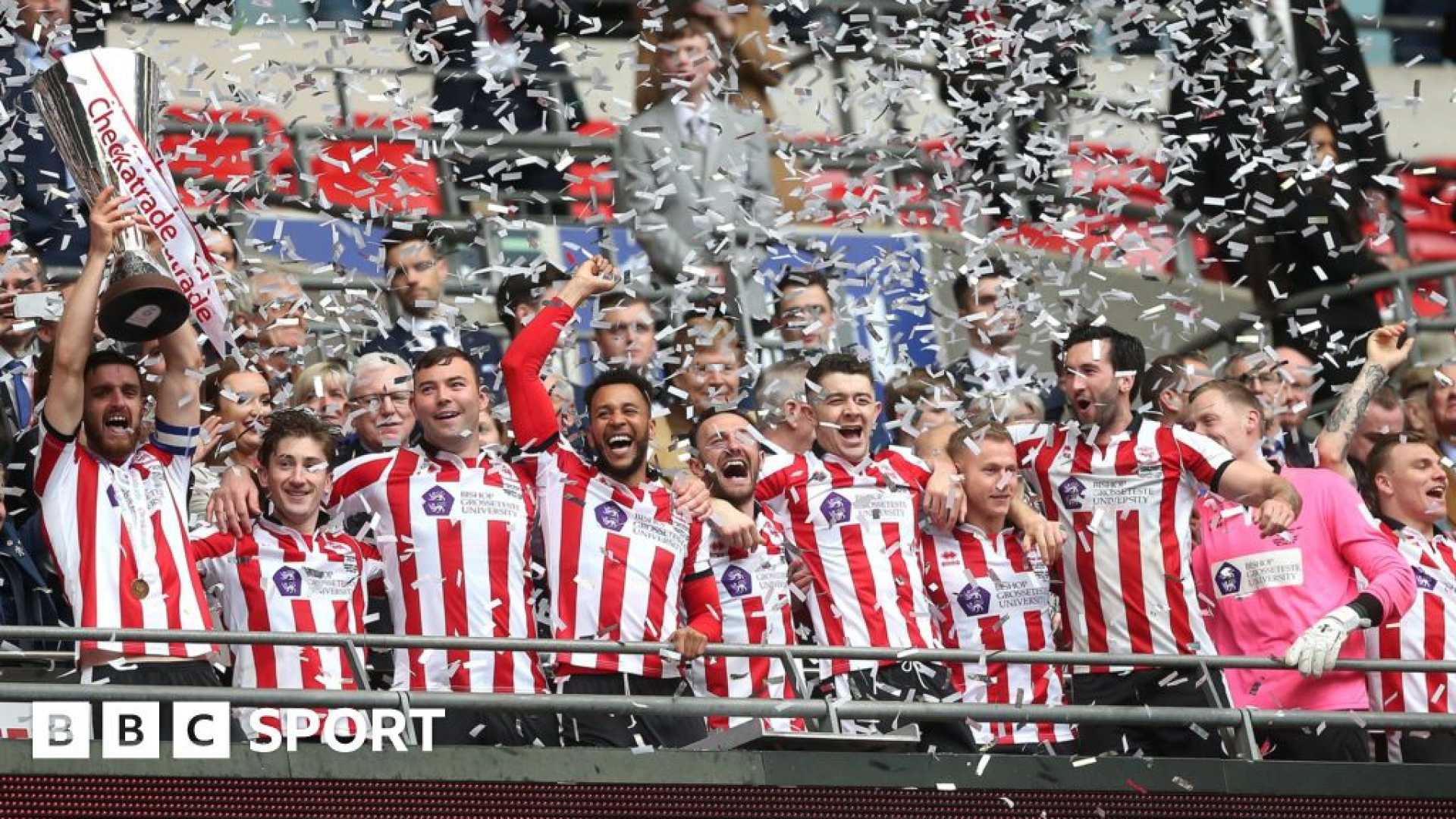Sports
EFL Trophy: Lower-League Clubs’ Quest for Wembley Glory

The English football landscape offers a myriad of competition opportunities for teams across all tiers, ensuring that clubs at various levels can aspire to lift a trophy. While top-tier clubs battle for prestigious silverware in renowned competitions, lower-league teams find their space to shine in tournaments like the EFL Trophy. This competition, currently titled the Bristol Street Motors Trophy for sponsorship reasons, is drawing interest from across the football community, including celebrity owners Ryan Reynolds and Rob McElhenney, who have kept their eyes on Wrexham’s bid.
The EFL Trophy, inaugurated in 1981, provides a platform particularly for clubs from League One and League Two, the third and fourth tiers of English football. These clubs, alongside academy sides from higher leagues, including the Premier League and Championship, compete in a knockout-style tournament. The format of the competition allows 64 teams to vie for the trophy, with specific restrictions ensuring fair play and maintaining the integrity of the competition.
In the competition’s current setup, lower-league clubs must include at least four players in their starting lineups who fulfill any of the preset criteria, such as having made a significant number of appearances for the club. Academy teams, invited from higher-tier clubs, must include six players aged 21 or under and are limited in using older experienced players. This structure is intended to provide genuine competitive opportunities and prevent larger clubs from overwhelming their lower-league counterparts.
The EFL Trophy unfolds with an initial group stage, where teams are split into geographically restricted groups of four. The top two teams from each group advance to the knockout rounds, which also follow a geographic structure until reaching the semi-finals. The climactic final match is held at Wembley Stadium, offering lower-league teams a rare opportunity to play in one of the most iconic venues in football.
This competition stands apart from the more widely known EFL Cup, also referred to as the Carabao Cup, which is open to all 92 clubs in the English football league system up to the Premier League. Unlike its counterpart, the EFL Trophy includes a group stage and sets strict player eligibility conditions to foster a competitive environment for developing talent within clubs.
Historically, the EFL Trophy has seen a variety of winners, though often dominated by third-tier clubs, with the likes of Bristol City securing the trophy three times—more than any other club. Such victories are a testament to the clubs’ ability to navigate through the challenges of lower-league football but also highlight their prolonged stay at these levels. Wrexham’s notable triumph came in 2005, when they defeated Southend United in the final, marking a significant achievement in the club’s storied history.












